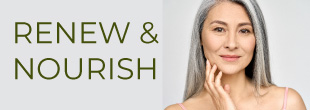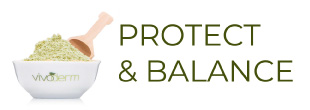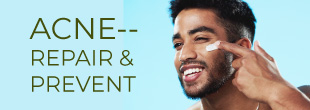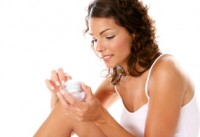
Embracing Holiday Self-Care
Written by Rachelle at Vivoderm on . Posted in Diet & Health, Fundamentals, Recent Articles, Skin and Tips
Nurturing Your Well-Being During the Festive Season
The holiday season, often filled with joy and festivities, can also be a time of increased stress and busyness. Amid the gift shopping, social gatherings, and travel, it’s crucial to carve out moments for self-care. Taking time for yourself during the holidays is not only a form of personal nourishment but also a way to ensure you enter the new year with renewed energy and a positive mindset. Here’s a guide to incorporating self-care into your holiday routine:
**1. Set Boundaries: It’s easy to get caught up in the hustle and bustle of the holidays, but setting boundaries is crucial for maintaining your well-being. Learn to say no when necessary and prioritize activities that align with your values and bring you joy. This might mean politely declining some invitations or opting for a quiet night in when needed.
**2. Create Rituals: Establishing self-care rituals during the holiday season can provide a sense of stability amidst the chaos. Whether it’s enjoying a cup of tea in the morning, taking a quiet walk in the fresh air, or practicing a few minutes of mindfulness before bed, these rituals can become anchors that ground you during hectic times.
**3. Prioritize Sleep: Adequate sleep is a cornerstone of self-care. Despite the holiday demands, strive to maintain a consistent sleep schedule. Lack of sleep can contribute to stress and negatively impact your overall well-being. Ensure you prioritize rest, allowing your body and mind to recharge.
**4. Nourish Your Body: Amidst holiday feasts, it’s essential to pay attention to your nutritional needs. Balance indulgent meals with nourishing, wholesome foods. Stay hydrated and listen to your body’s hunger and fullness cues. Ensuring you provide your body with the nutrients it needs contributes to both physical and mental well-being.
**5. Unplug and Disconnect: The constant barrage of social media, emails, and messages can add to holiday stress. Take intentional breaks from screens to unplug and disconnect. Use this time to engage in activities that bring you joy, whether it’s reading a book, taking a nature walk, or spending quality time with loved ones without the distraction of devices.
**6. Practice Gratitude: In the midst of holiday chaos, take a moment each day to reflect on what you’re grateful for. Gratitude has the power to shift your focus from stressors to positive aspects of your life, fostering a sense of contentment. Consider keeping a gratitude journal to jot down daily reflections.
**7. Indulge in Pampering: Treat yourself to moments of pampering and relaxation. Whether it’s a warm bath with calming essential oils, a spa day at home, or simply taking the time for a skincare routine, these small indulgences can have a significant impact on your mental state.
**8. Reflect and Set Intentions: As the year comes to a close, take time for introspection. Reflect on the past year, acknowledging accomplishments and areas of growth. Set positive intentions for the upcoming year, focusing on personal and emotional well-being.
In essence, holiday self-care is about creating balance, setting boundaries, and making intentional choices that prioritize your well-being. By incorporating these practices into your holiday routine, you can navigate the festivities with a greater sense of calm, joy, and fulfillment. Remember that taking care of yourself is not selfish but rather an essential aspect of ensuring you can fully enjoy and appreciate the holiday season.








